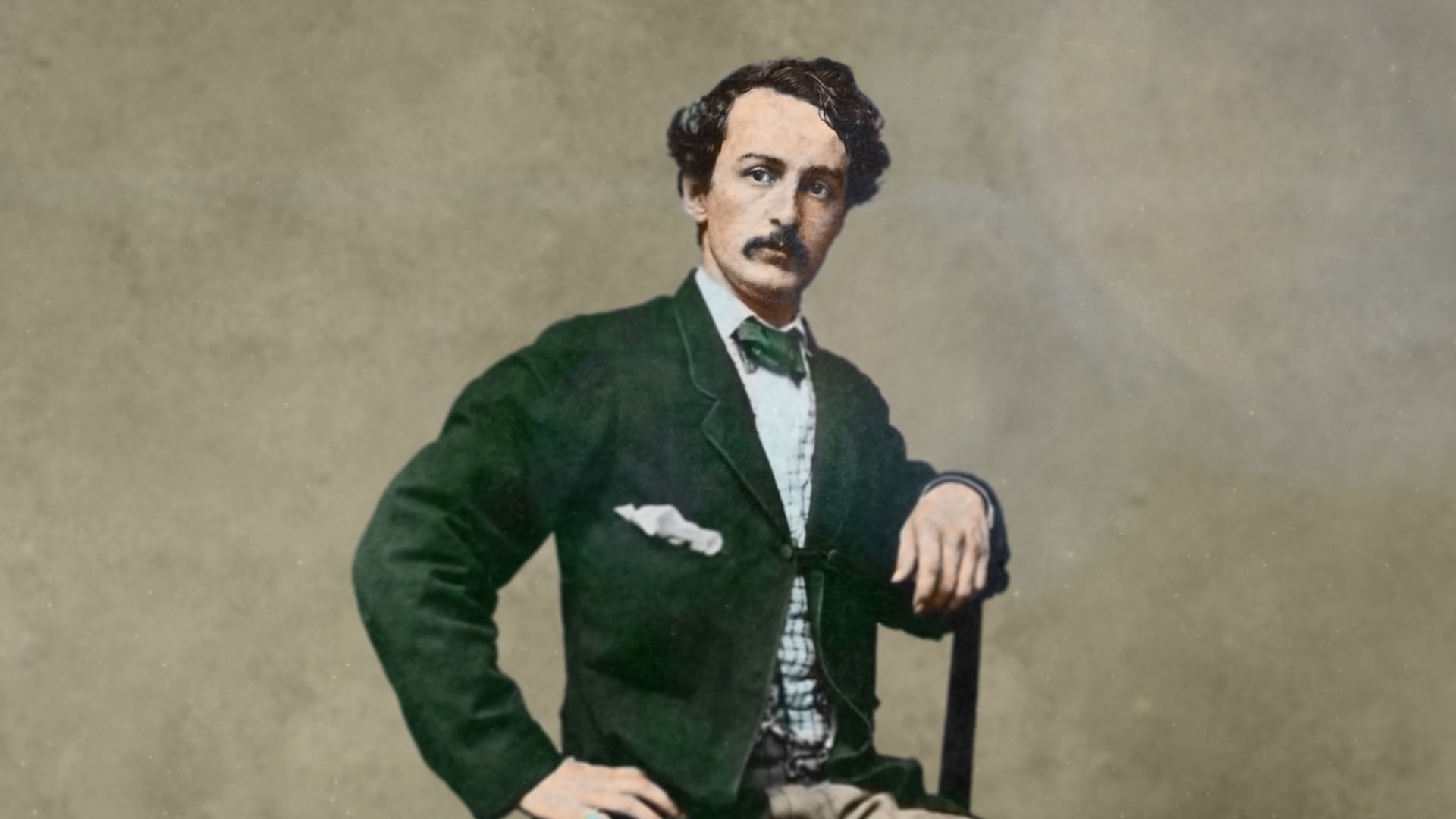
John Wilkes Booth, a name synonymous with one of the most infamous acts in American history, harbors a story filled with intrigue, drama, and unexpected facts that go beyond his role as Abraham Lincoln's assassin. John Wilkes Booth was not just a villain in a historical narrative; he was a complex character with a life that extended far beyond that fateful night at Ford's Theatre. From his beginnings in a famous acting family to his fervent support for the Confederacy, Booth's life was a tapestry of the arts, politics, and ultimately, tragedy. In this introduction, we'll uncover 15 lesser-known facts about Booth, shedding light on the man behind the myth. These insights offer a glimpse into his motivations, his personal life, and the events that led up to the assassination of one of America's most beloved presidents. Join us as we delve into the life of John Wilkes Booth, exploring the facts that define his legacy.
Early Life and Background
John Wilkes Booth, a name etched in American history, had a life filled with drama even before his infamous act. Here are some intriguing facts about his early years.
- Born on May 10, 1838, in Bel Air, Maryland, Booth was the ninth of ten children in a prominent acting family.
- His father, Junius Brutus Booth, was a famous Shakespearean actor, which influenced John's career path.
- Booth attended the prestigious Milton Boarding School for Boys and later St. Timothy's Hall, a military academy.
- Despite his family's Unionist leanings, Booth developed strong pro-Southern sentiments during his youth.
Acting Career
Before becoming infamous for assassinating President Lincoln, Booth was a well-known actor. His career had its own set of highlights and controversies.
- Booth made his stage debut at age 17 in Baltimore, playing the role of Richard III.
- By the late 1850s, he was one of the most popular actors in the United States, known for his good looks and energetic performances.
- Booth was often compared to his brother, Edwin Booth, who was also a renowned actor but had Unionist sympathies.
- He performed in several major cities, including New York, Boston, and Chicago, earning acclaim and a substantial following.
Political Views and Motivations
Booth's political beliefs played a crucial role in shaping his actions. His strong opinions led him down a dark path.
- A staunch supporter of the Confederacy, Booth despised Abraham Lincoln and blamed him for the South's suffering.
- Booth was a member of the Know-Nothing Party, which opposed immigration and Catholic influence in America.
- He initially planned to kidnap Lincoln and exchange him for Confederate prisoners but later decided on assassination.
- Booth believed that killing Lincoln would revive the Confederate cause and make him a Southern hero.
The Assassination of Abraham Lincoln
The night of April 14, 1865, changed American history forever. Booth's actions that evening were meticulously planned.
- Booth shot President Lincoln at Ford's Theatre in Washington, D.C., during a performance of "Our American Cousin."
- After shooting Lincoln, Booth leaped onto the stage, breaking his leg in the process, and shouted "Sic semper tyrannis!" (Thus always to tyrants).
- Booth managed to escape the theater and fled on horseback, leading authorities on a 12-day manhunt before being cornered and killed at a Virginia farm.
A Final Glance at Booth's Legacy
John Wilkes Booth, an actor turned assassin, left behind a complex legacy that continues to intrigue and divide opinions. His act of assassinating President Abraham Lincoln not only altered the course of American history but also cast a long shadow over his own family and the nation's collective memory. Booth's motivations, rooted in strong political beliefs and a desire to avenge the South, highlight the intense divisions of his time. Despite his infamy, Booth's life story, from his successful acting career to his dramatic final days, remains a fascinating chapter in the annals of American history. Understanding Booth's actions and their impact helps us grasp the tumultuous era he lived in and the profound ways in which it shaped the United States.
Was this page helpful?
Our commitment to delivering trustworthy and engaging content is at the heart of what we do. Each fact on our site is contributed by real users like you, bringing a wealth of diverse insights and information. To ensure the highest standards of accuracy and reliability, our dedicated editors meticulously review each submission. This process guarantees that the facts we share are not only fascinating but also credible. Trust in our commitment to quality and authenticity as you explore and learn with us.


